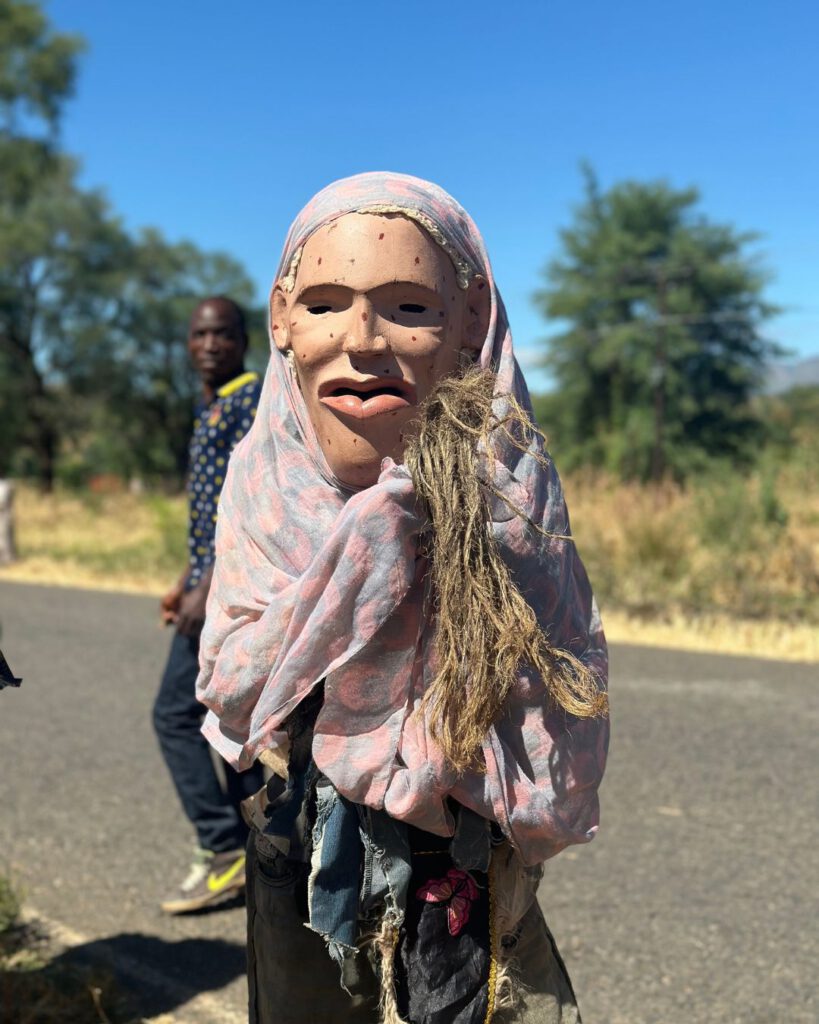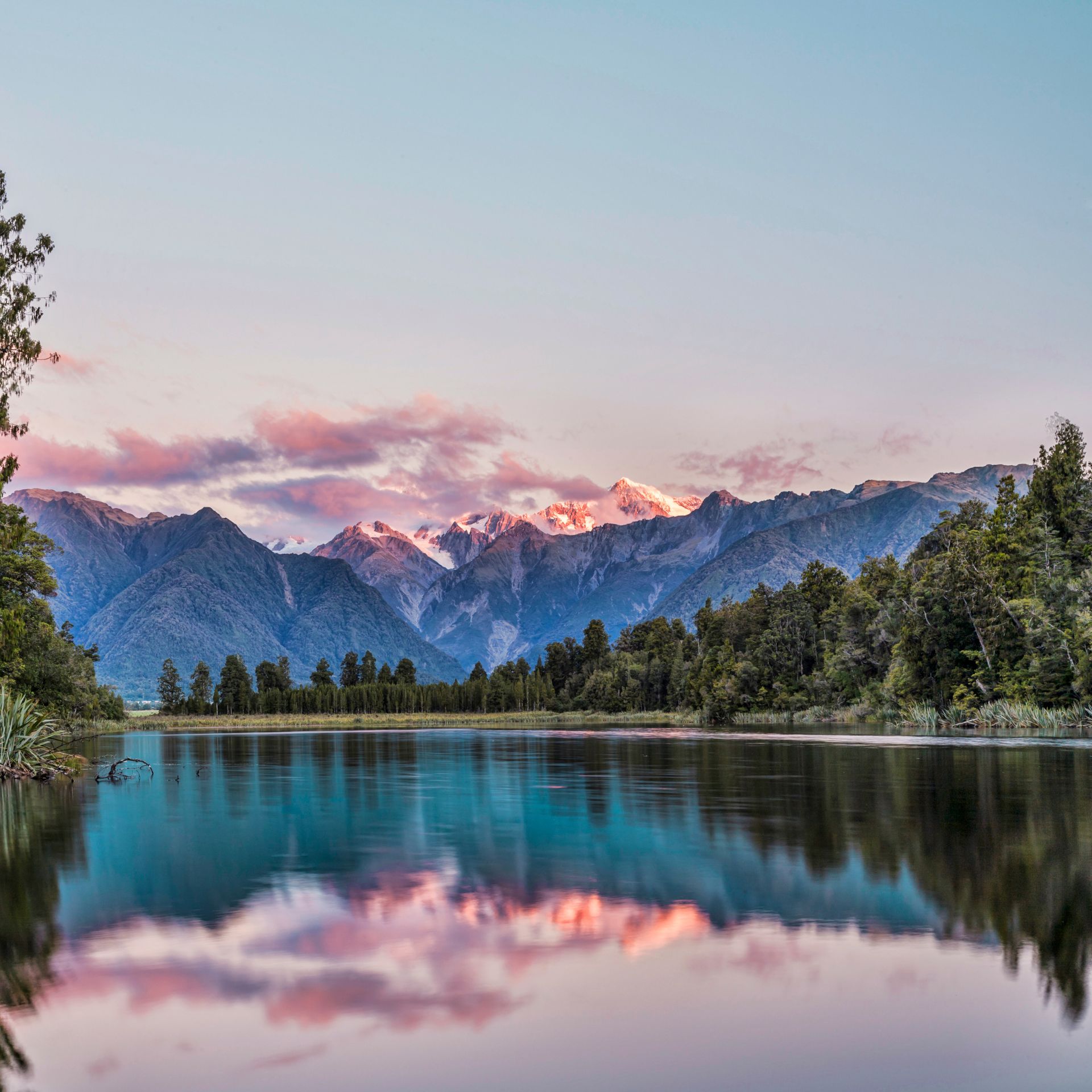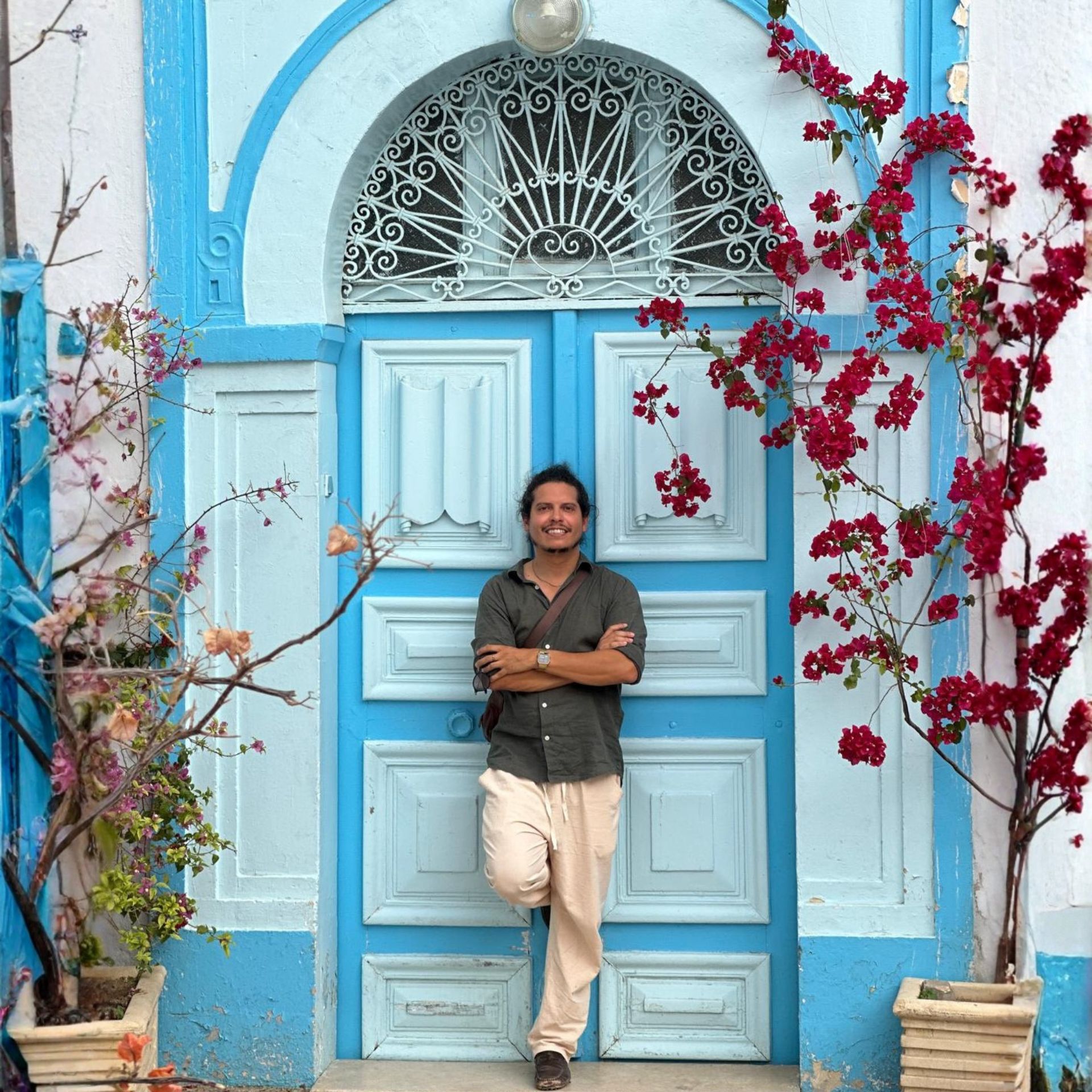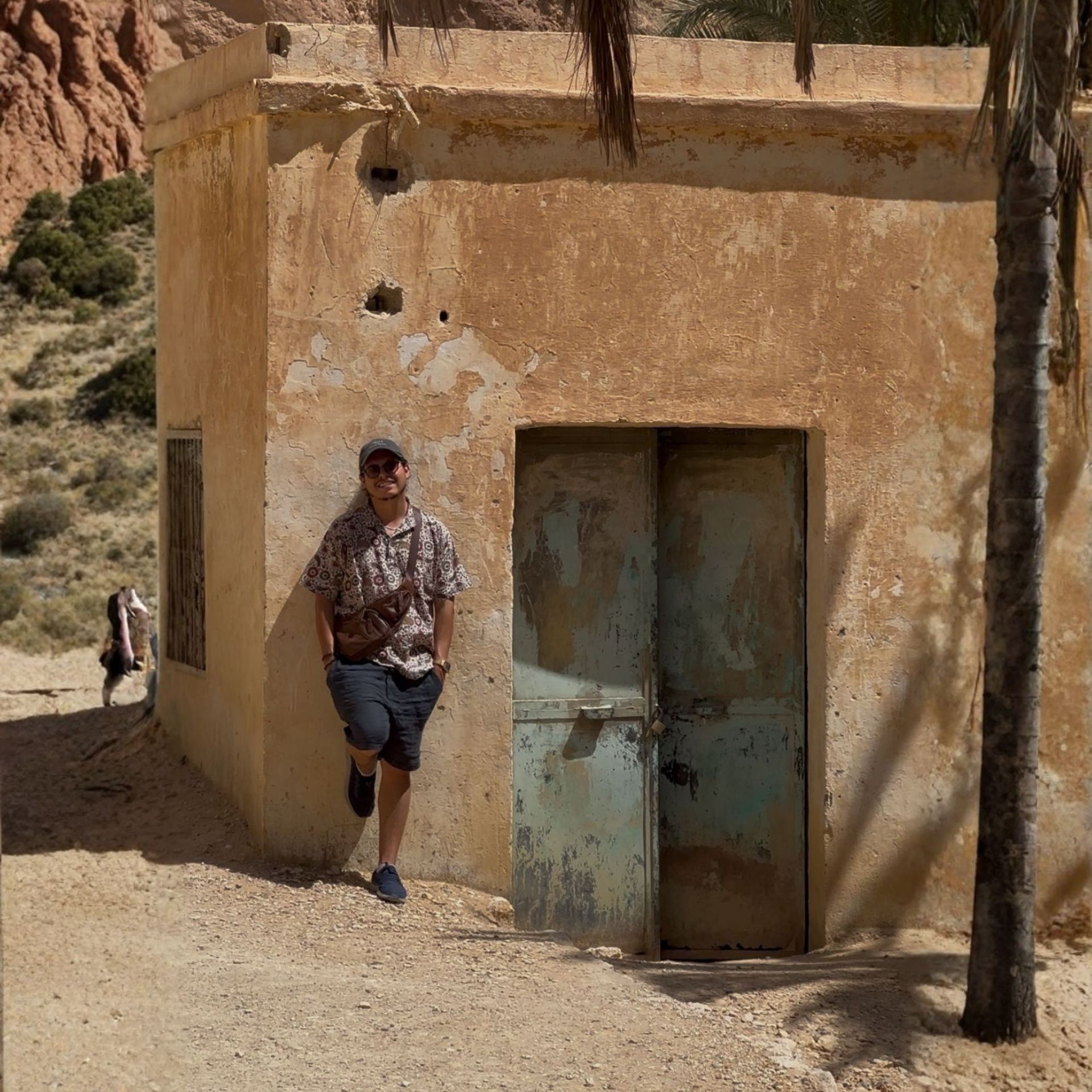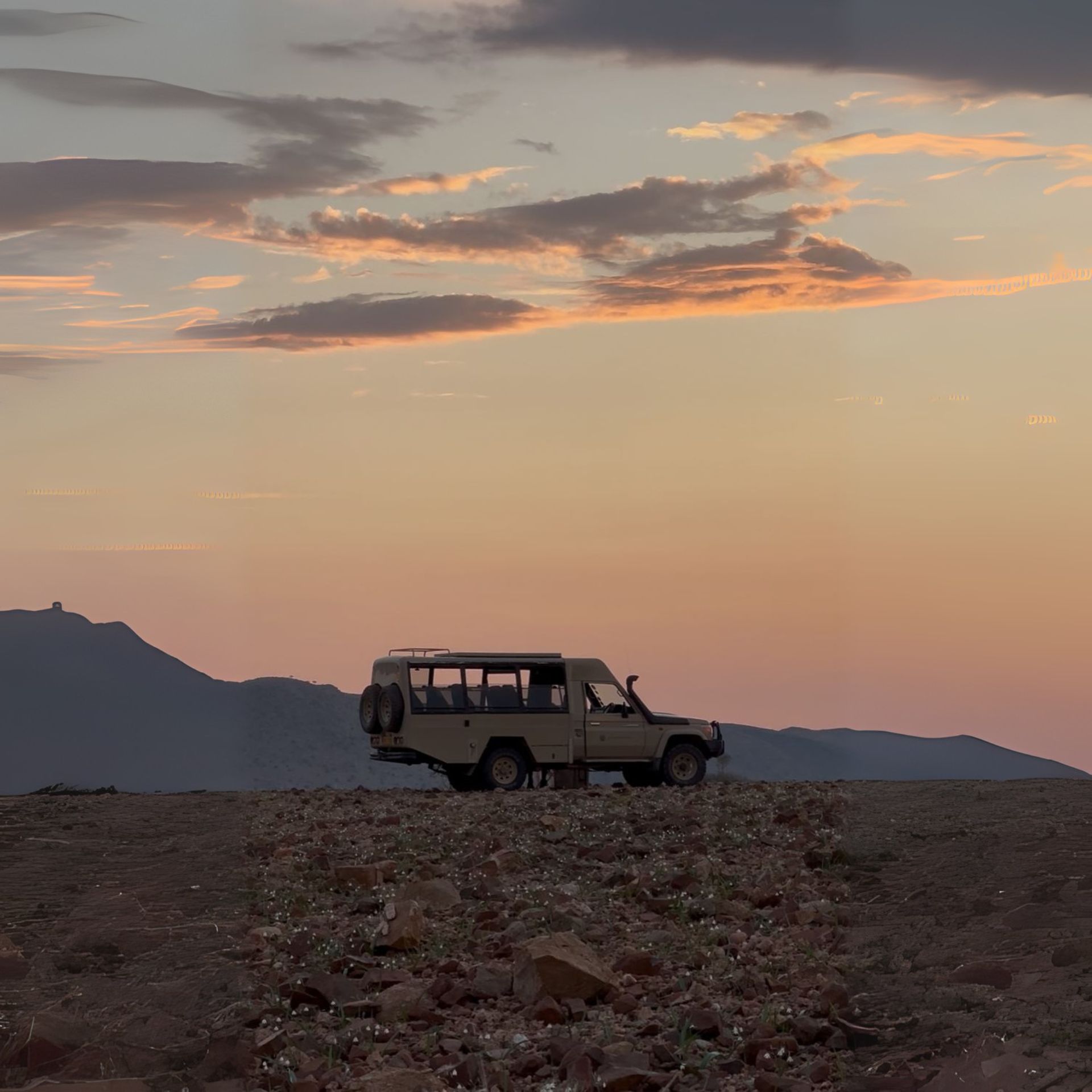Discover the fascinating and intimate funeral traditions of the Chewa tribe in Malawi, where death is celebrated with elaborate masks and vibrant dances.
The weather was humid, the roads quiet, and the green landscapes stretched endlessly before me. Suddenly, a group of people adorned in striking masks appeared in the distance, moving rhythmically to the beat of drums. This is a Chewa funeral ceremony, a tradition unlike any other.
During my travels through Malawi, I stumbled upon this extraordinary event by pure chance. The Chewa, an ethnic group that forms the largest tribe in Malawi, are known for their rich cultural heritage and vibrant traditions. Their funeral ceremonies, deeply rooted in their beliefs and customs, are among the most unique cultural experiences one can witness. Here, I want to share my personal encounter with this mesmerizing ritual and the profound significance it holds.
Read more: Best National Parks in Malawi for a Safari
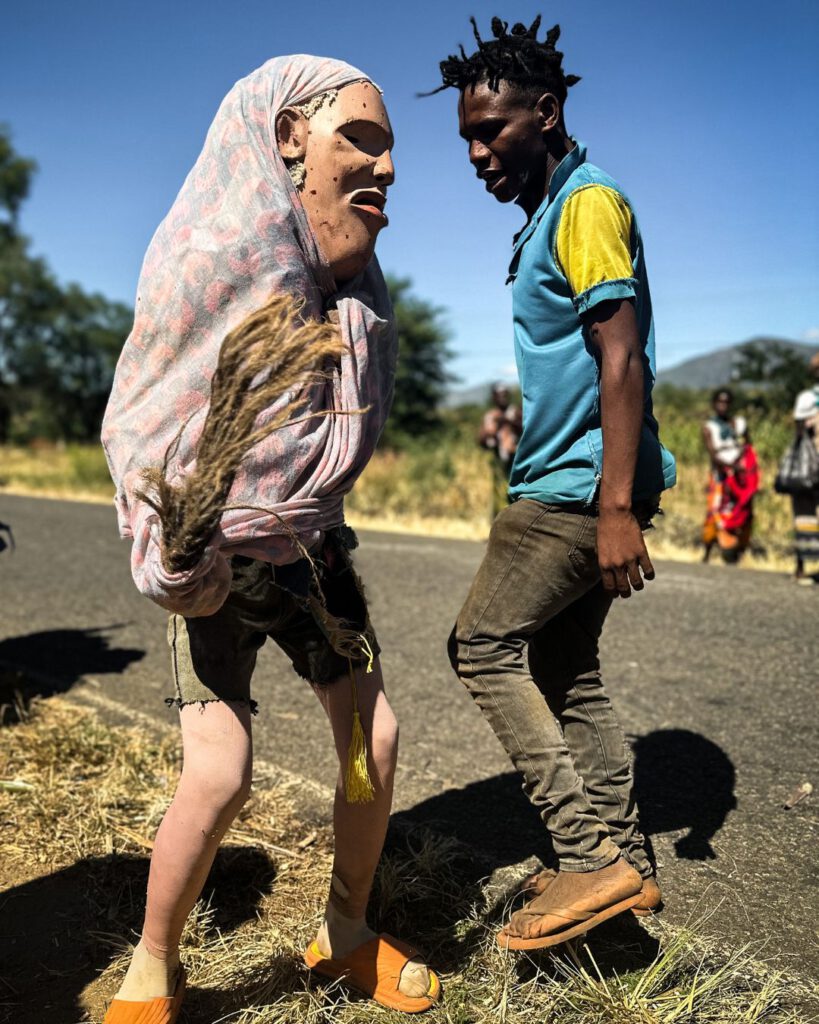
A Dance Celebration for the Dead
Chewa funeral ceremonies are a striking contrast to the somber and quiet events most people associate with death. These ceremonies are filled with music, dance, and vibrant costumes, turning what could be a mournful occasion into a celebration of life. The sound of drums fills the air, and people dance energetically, paying homage to the deceased in a manner that reflects the Chewa’s deep connection to their ancestors and their belief in the afterlife.
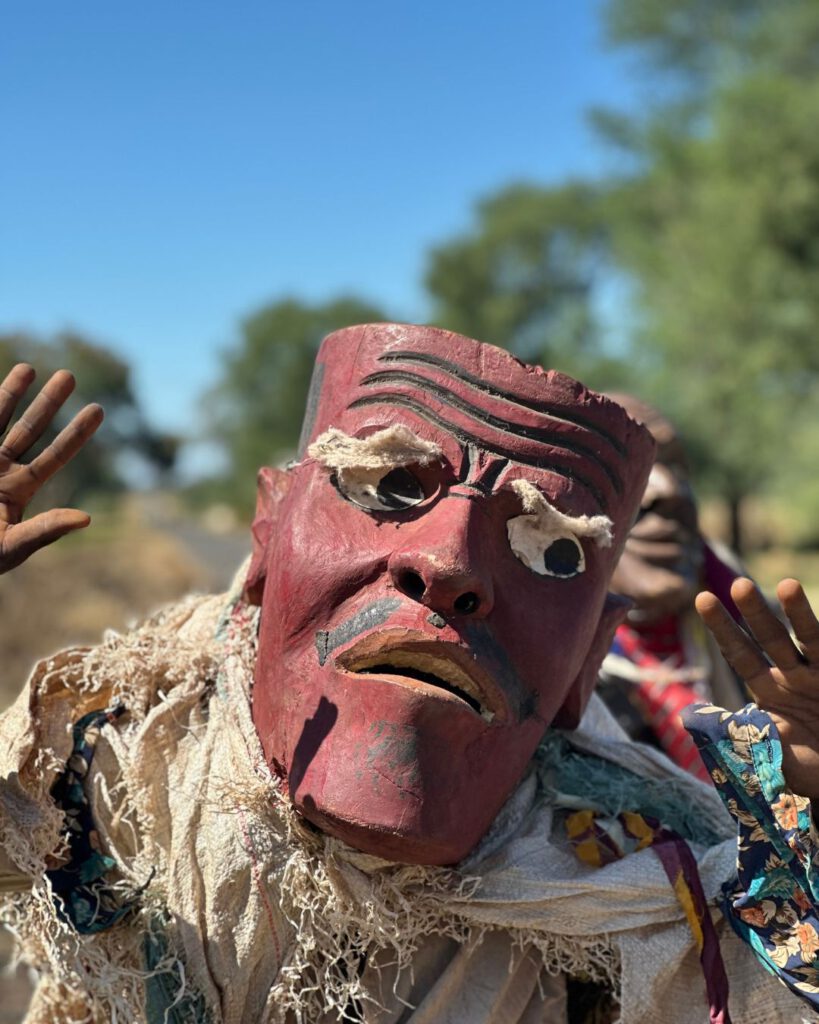
After crossing the Chewa and having knowledge about the event happening in front of me, I stopped the vehicle and politely ask to observe from a distance. As I watched the ceremony unfold, I was captivated by the elaborate nature of the event. The dances were intricate, with each step and movement carrying significant meaning. The participants wore colorful costumes and masks, each representing different spirits and characters from Chewa mythology. The atmosphere was electric, yet there was a palpable sense of reverence and respect for the deceased.
Photographing and documenting such intimate moments is a delicate task. People take their customs seriously, and intruding on their personal space with a camera can be inappropriate at times. However, with permission and respect, anyone can capture some of these beautiful moments. As a photographer and journalist, it’s crucial to approach such ceremonies with sensitivity and respect. Being unobtrusive, asking for consent, and understanding the cultural significance of each element of the ceremony are essential to preserving the dignity of the event and its participants.
Read more: How to travel around Malawi
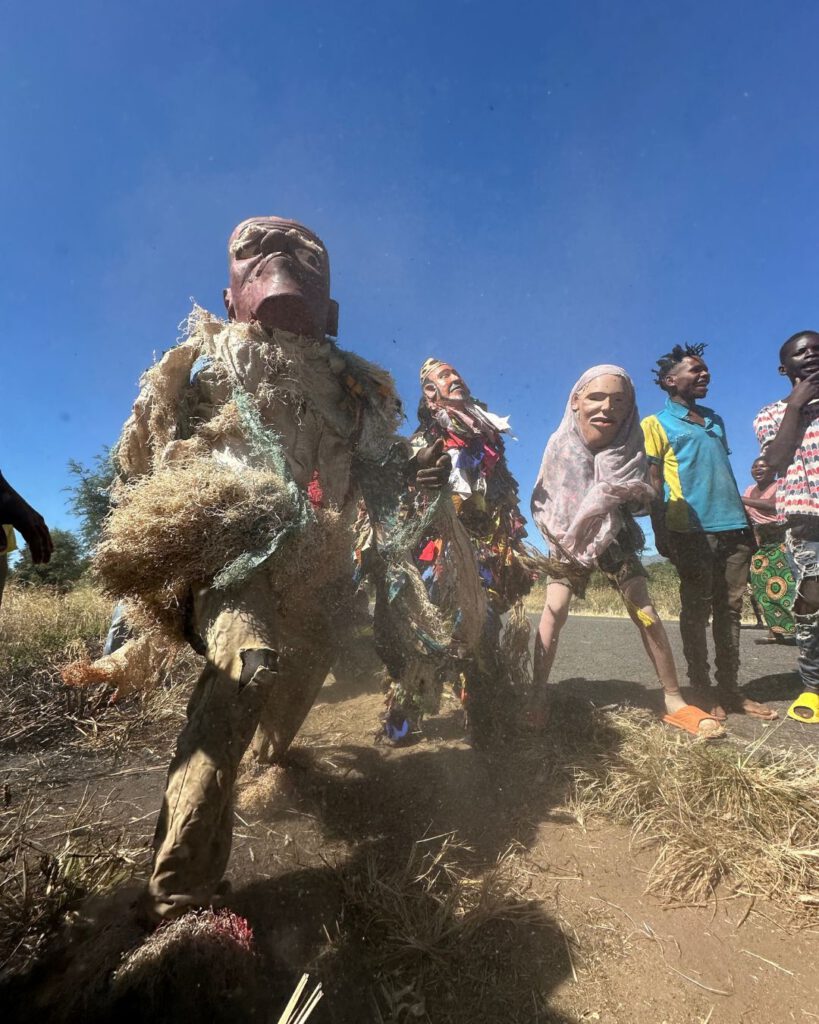
Significance of the Masks
Masks play a central role in Chewa funeral ceremonies, symbolizing various spirits and characters that are believed to guide the deceased to the afterlife. Each mask has a distinct meaning and purpose, contributing to the rich tapestry of the ritual.
Some of the most important masks include Nyau, which represents the spirit of a deceased person, and Gule Wamkulu, the “Great Dance,” which is believed to connect the living with the spiritual world. These masks are often crafted with great care and are passed down through generations, embodying the tribe’s ancestral heritage.
Read more: Meeting the pygmies – Africa’s forgotten tribe
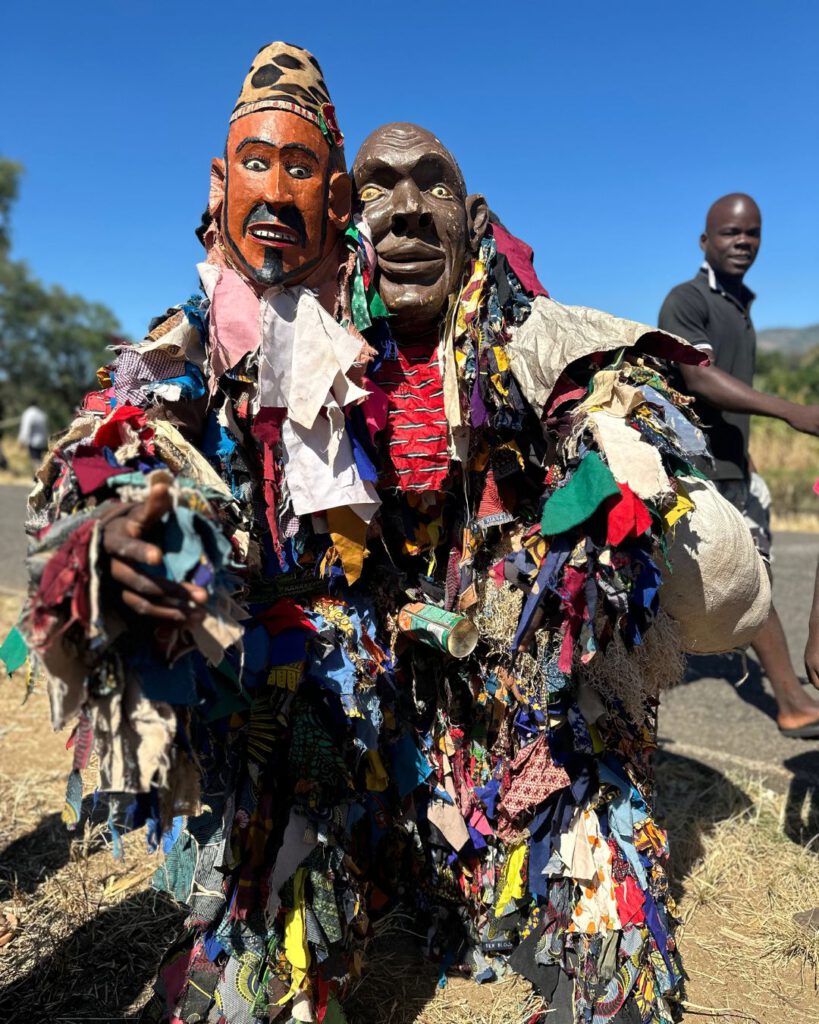
During the ceremony I witnessed, I saw several intriguing masks. One mask depicted a white woman with measles, symbolizing illness and the trials of life. Another was a red devil figure with a mischievous smile, representing the darker forces that challenge the spirit. There was also a mask that looked like an elder, and another red giant mask, which captured my attention, but I couldn’t properly identify. In such intimate moments, I was also a bit concern of asking to many questions and make the host feel there was an intruder that needs to go.
The artistry and symbolism behind these masks are truly fascinating. They are not just decorative pieces but carry deep cultural and spiritual meanings. Each mask tells a story, and together, they create a powerful visual narrative of the Chewa’s beliefs about life, death, and the afterlife.
Read more: Which are the most bizarre travel experiences in Burkina Faso
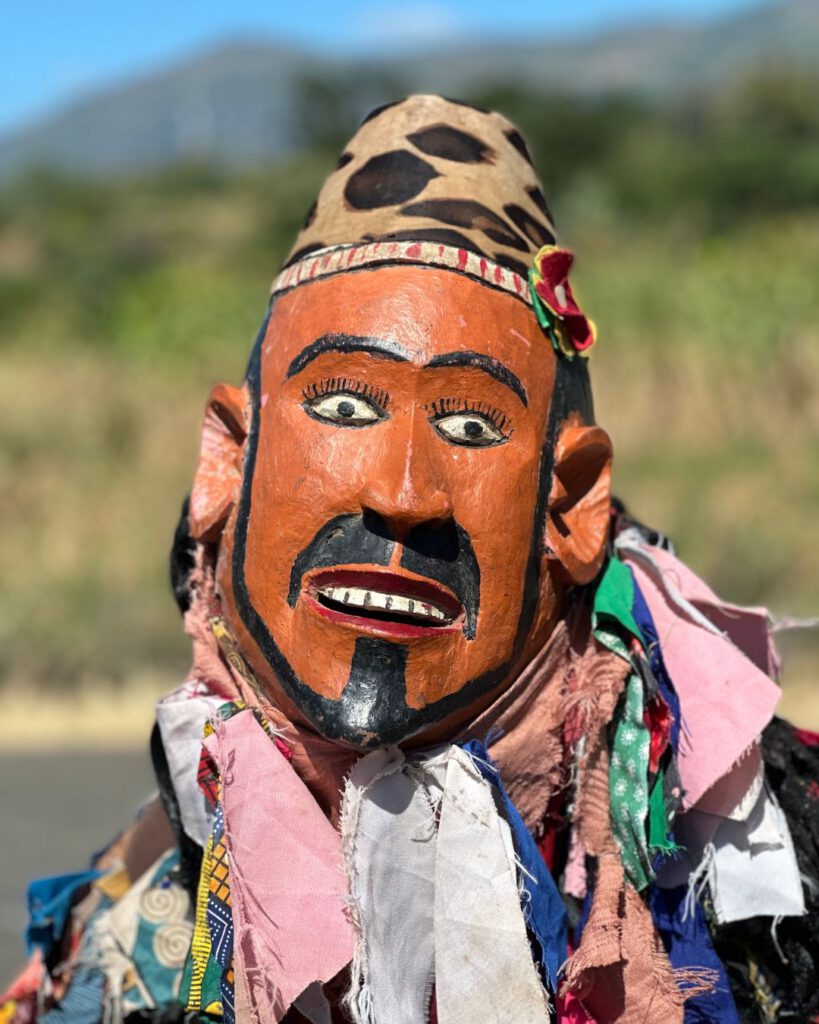
Witnessing a Chewa funeral ceremony was a profoundly moving experience. The vibrant dances, the elaborate masks, and the palpable sense of community and reverence were unlike anything I had ever seen. It was a powerful reminder of the rich cultural heritage that exists in Malawi and the importance of preserving these traditions for future generations. This was not my first funeral in remote parts of Africa and just like the funerals I’ve seen in Burkina Faso and Sierra Leone, I’m more and more fascinated each time I see another one.
Read more: Meeting the Mundari people in South Sudan
